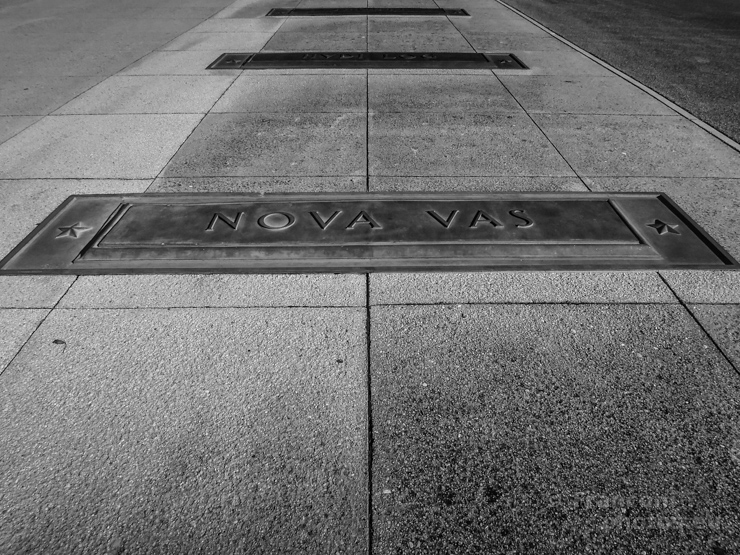Today is not a day like another. Time inexorably goes by, memory grow dim and memories fades away but not today! Today the clock points one hundred years ago. Time passed from that damned 17th September 1916. That date carved into my grandmother’s memory, 103 years old. The age brought away the clearness of her mind but not that date, that military boot, that medal of honour and that name: Nova Vas.
These are the only memories of her father and a trauma that is always with her with a non-common anxiety each time a beloved one must travel.
That 17th September 1916 the entire Italian – Austro-Hungarian front was on fire. The Cadorna bulletin of that day is clear using words that speak about sweat, mud, blood and death.
“In the high Degano (Tagliamento), exceptional enemy artillery activity”, I don’t want to imagine those poor soldiers forced to die under what even Cadorna defined “exceptional activity”. “Close to the Volaia pass fell more than 2000 artillery shots”. Two thousands explosions dropped in a few hundred metres of land.
This is only the beginning of the list of that dreadful day. “On the Julian front continued, with particular intensity, the duel between the artilleries in the Bovec valley where our troops moved against the enemy tranches on Rombon, Javorcek and Vrsic (M. Nero)”. Just few days ago I was there. Close to Monte Nero, at the opening of my exhibition “here they fought” accompanied by my colleagues of the military Association of Milan. On those mountains around there, I have seen so many signs of that nonsense human devastation.
The tragic bulletin goes on “on the Karst (…) our tireless troops started again yesterday with renewed energy the assault against the powerful enemy lines. After a bombing of extreme violence from both sides, our troops assaulted and conquered other strongholds and wide enemy trenches (…)”.
Here we are with the clock of the hundred years, the seventh battle of the Isonzo river, between these “tireless troops” there was also my Great-Grandfather. I have seen that tranches. A net of abandoned bays infested by a nature that took control over the human devastation. I imagine that extremely violent bombing and then that assault. My Great-Grandfather that, injured to death, leading his troops, was still inciting them to keep on fighting against that “other strongholds and wide enemy tranches”. I imagine his men and also the Hungarians that were defending that trench. Hungarians far away from their home at least hundreds of kilometres, at least as many as the ones of my great-grandfather. Who knows what they could tell us if they could still speak.
He died and who knows how many other hundreds felt on that stripe of land so close to the “damned Gorizia”. Few months before his brother died and then he died too leaving a wife and three kids. Who knows how many other families were left forever from their beloved that day.
I had been in front of that Hungarian soldiers just few days ago, over that hillside, where there is a silent cemetery. As usual in these circumstances my voice fled away.
One hundred years passed, but in silence you can still hear the voice of pain.
I cannot forget, we cannot forget. Today a solitary mass celebrated by a military chaplain will remember him and that soldiers, left and never came back.
– In the photo a detail of the Military War Memorial of Redipuglia were 100.000 soldiers lye –
© Franconiphotos – All rights reserved.

